Laboratory Incubator: Types, Functions, and Buying Guide | Labvv Laboratory Equipment
Laboratory incubators are essential tools in modern scientific research, helping scientists maintain precise environmental conditions for growing cells, microorganisms, and plant tissues. From universities and research institutes to pharmaceutical and biotechnology companies, these devices ensure experiments are conducted under stable and controlled conditions. In this article, we will explore the different types of laboratory incubators, their functions, and how to choose the right incubator for your lab’s specific needs. Whether you are conducting microbiology studies, cell culture experiments, or industrial quality testing, understanding laboratory incubators is crucial for achieving accurate and reliable results.
What Is a Laboratory Incubator?
A laboratory incubator is a temperature-controlled chamber designed to create ideal conditions for growing microorganisms, plant and animal cells, and other biological samples.
Unlike ordinary temperature devices, an incubator allows researchers to control temperature, humidity, and sometimes CO₂ levels with precision.
As a result, laboratory incubators are essential in biological research, medical testing, pharmaceutical development, and environmental studies. They ensure samples grow safely and consistently under stable conditions.
How Does a Laboratory Incubator Work?
Every incubator operates through a combination of heating, cooling, and control systems.
Temperature sensors constantly monitor the internal environment, while control circuits adjust the system to maintain the desired setting.
Some models also include refrigeration, making them suitable for both low and high-temperature experiments.
In short, the incubator keeps the internal conditions steady so researchers can focus on the experiment—not the environment.
Common Uses of Lab Incubators
Laboratory incubators are used across multiple scientific disciplines, including:
- Microbiology and Bacteriology: Cultivation of microorganisms for identification, antibiotic testing, or contamination studies.
- Clinical Diagnostics: Incubating patient samples to detect infectious agents in hospitals and medical laboratories.
- Cell and Tissue Culture: Providing a stable environment for mammalian cell growth under CO₂ and humidity control.
- Pharmaceutical Testing: Supporting drug development, stability studies, and microbial limit testing.
- Food and Water Quality Control: Monitoring microbial contamination in public health and industrial testing.
- Environmental Simulation: Studying microbial responses to temperature or humidity variations.
- Agricultural and Forestry Research: Supporting seed germination, soil microbiology, and plant tissue culture.
By maintaining precise environmental conditions, lab incubators make experiments more accurate, reproducible, and reliable.
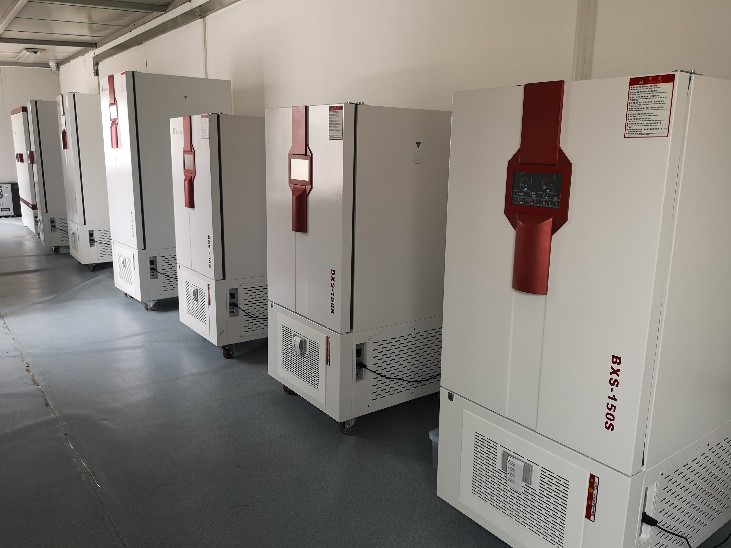
Main Types of Laboratory Incubators
There are many kinds of incubators, each built for a specific purpose.
Let’s take a closer look at the most common types used in laboratories today.
1. Biochemical Incubator
A biochemical incubator can heat and cool, offering flexible temperature control.
It is commonly used in genetic engineering, medicine, agriculture, and environmental protection.
Because of its precise performance, it’s ideal for low-temperature tests, constant-temperature cultivation, and environmental simulations.
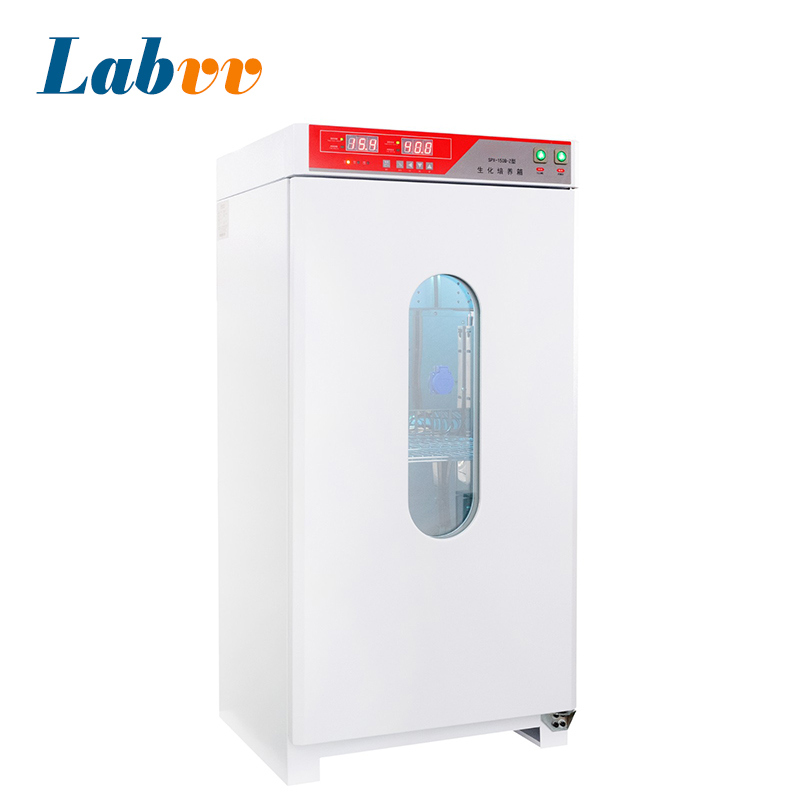
2. Mold (Fungal) Incubator
The mold incubator is designed for fungi and eukaryotic microorganisms.
It includes systems for heating, cooling, and humidifying, as well as temperature and humidity sensors to maintain balance.
Some advanced models even allow you to program gradual changes in temperature and humidity—perfect for environmental research.
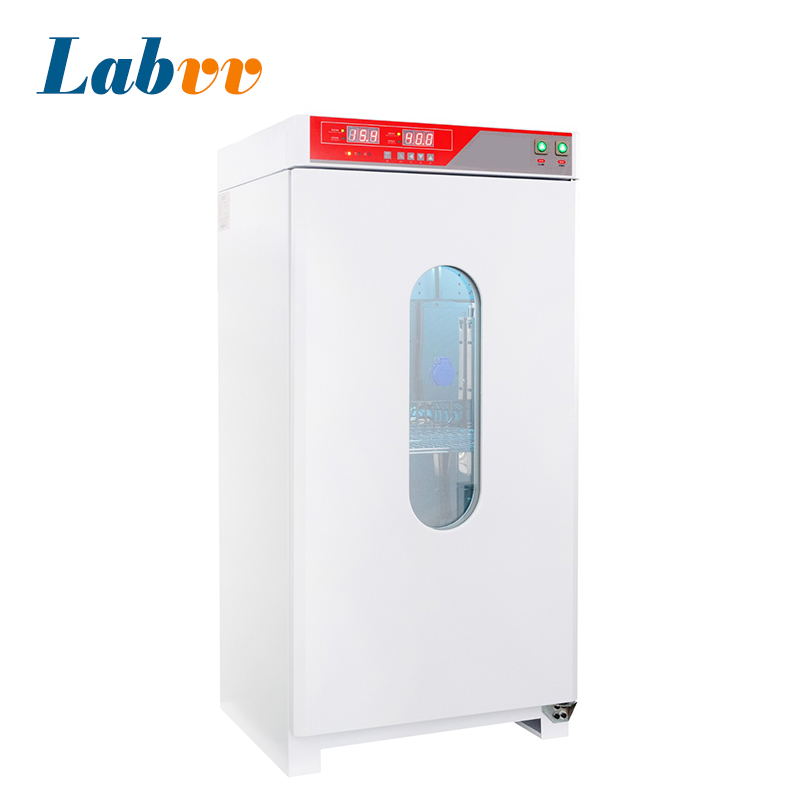
3. Shaking Incubator
A shaking incubator combines temperature control with motion, allowing samples to mix while incubating.
This movement helps improve oxygen exchange and nutrient distribution, which is vital in microbiology, cell culture, and enzyme production.
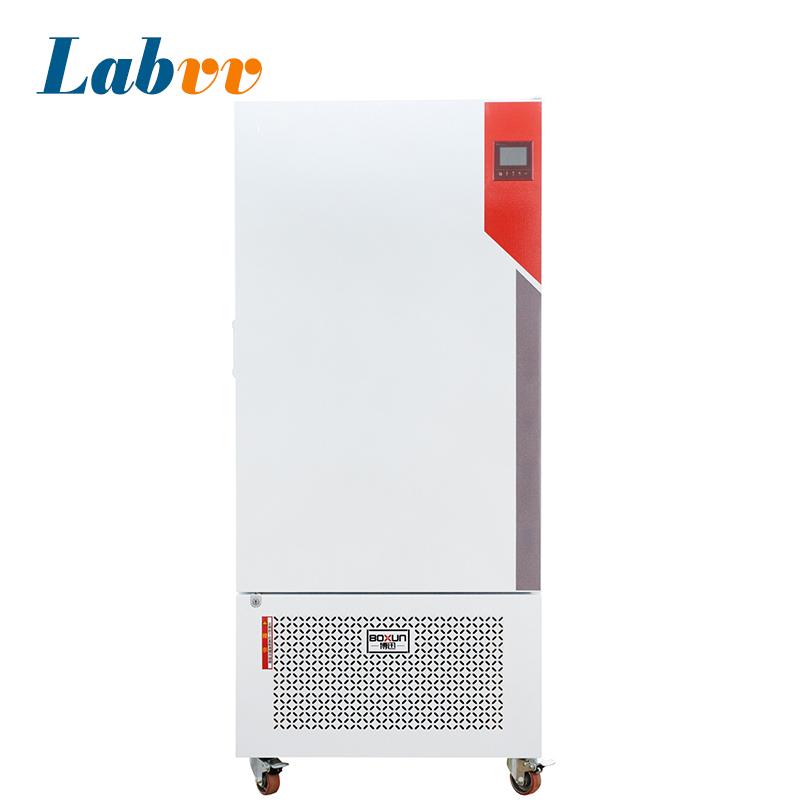
4. Constant Temperature and Humidity Chamber
This type of incubator ensures precise control of both temperature and humidity.
It’s widely used in pharmaceutical testing, food processing, textile analysis, and product stability research.
Because it simulates real environmental conditions, it’s a great tool for quality control and material testing.
5. Full-Temperature Incubator
A full-temperature incubator covers a wide range of temperature settings.
It’s suitable for environmental protection, aquaculture, pharmaceutical inspection, and microbial culture.
Researchers often use it for BOD tests, plant cultivation, and bacteria preservation.
6. Water-Jacketed Incubator
The water-jacketed incubator uses water to distribute heat evenly, resulting in excellent temperature stability.
It’s often chosen for tissue culture, seed germination, and small animal breeding, where consistent conditions are critical.
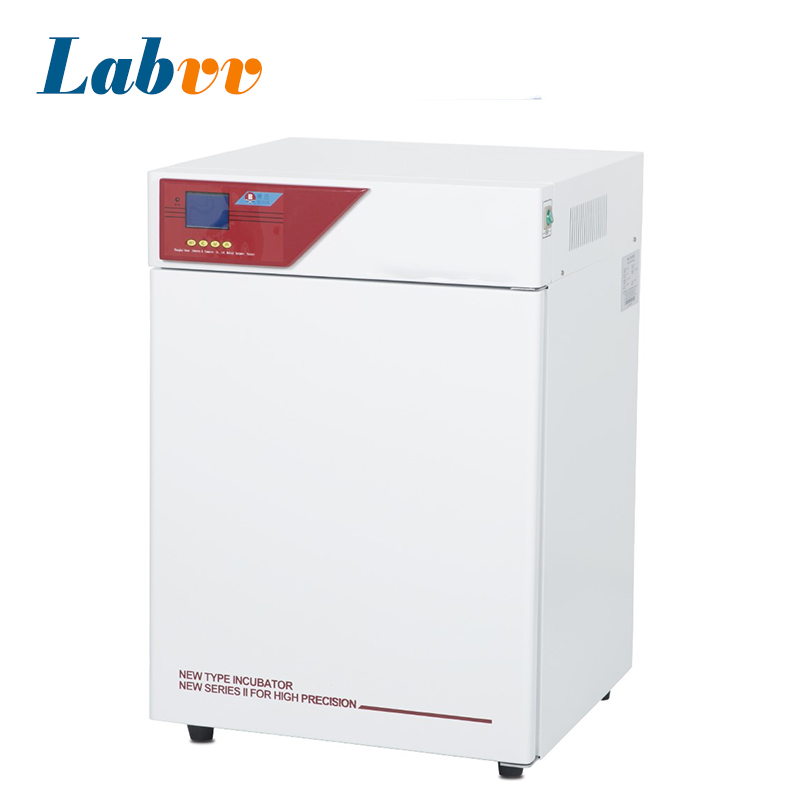
7. Electric Heating Incubator
An electric heating incubator relies entirely on heating elements to maintain a constant temperature.
It’s widely used for bacteriology, fermentation, and biochemical tests in both research and industrial applications.

8. Natural Convection Incubator
The natural convection incubator uses gentle air circulation instead of fans, preventing vibration and noise.
This design is ideal for experiments that require a quiet and undisturbed environment, such as microbial growth or enzyme reactions.
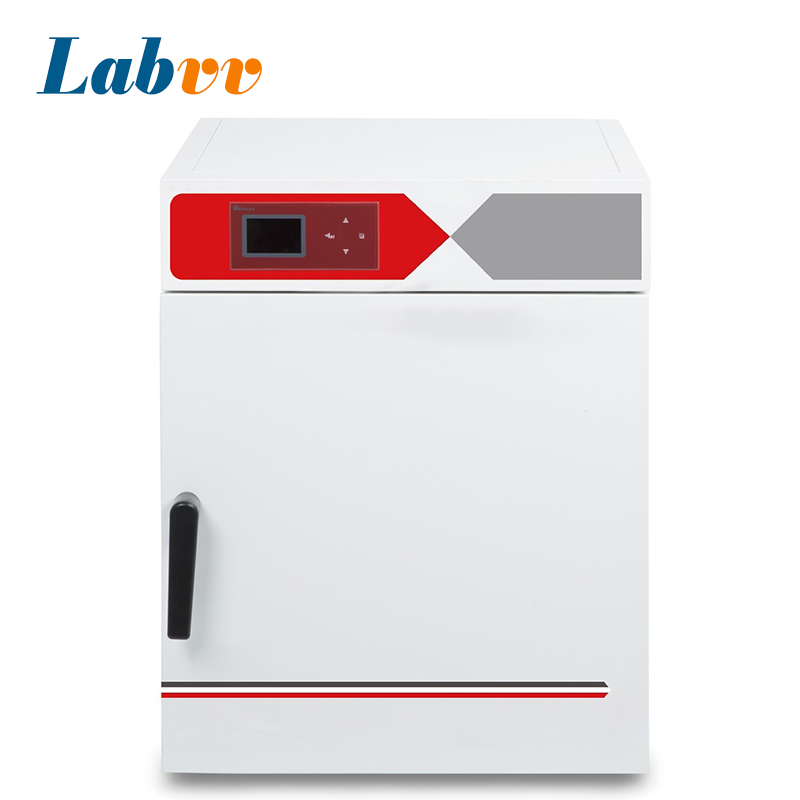
9. Microbial Incubator
A microbial incubator provides the right conditions for bacteria and cell growth.
It’s a key instrument in medical laboratories, food safety analysis, and biotechnology research.
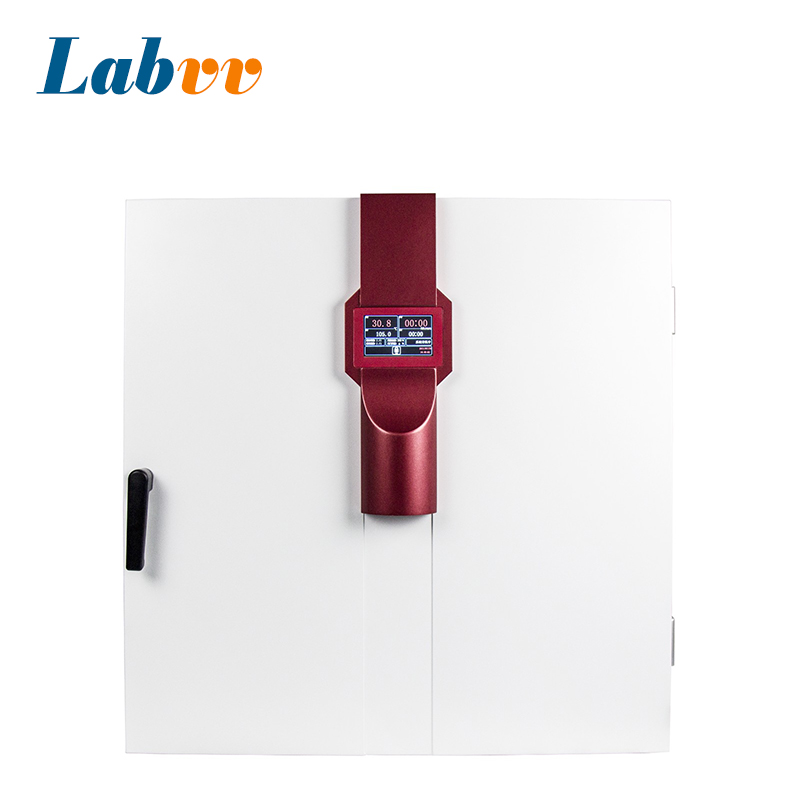
10. CO₂ Incubator
The CO₂ incubator maintains a stable CO₂ concentration, temperature, and humidity level, creating an environment similar to the human body.
Therefore, it’s widely used in cell culture, immunology, virology, and tissue engineering.
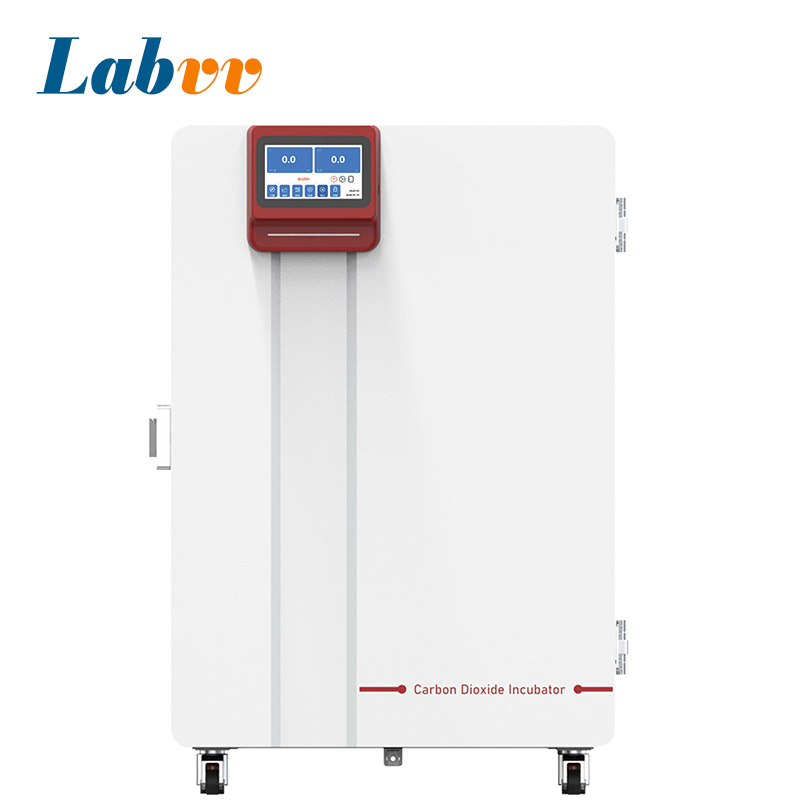
Applications of Laboratory Incubators
Laboratory incubators serve countless purposes.
They are used in:
- Microbiology and bacteriology
- Cell and tissue culture
- Pharmaceutical testing
- Food and water quality control
- Environmental simulation
- Agricultural and forestry research
By maintaining precise environmental conditions, these incubators make experiments more accurate, reproducible, and reliable.
How to Choose the Right Laboratory Incubator
When choosing an incubator, consider these key factors:
- Temperature range and precision
- Humidity control options
- CO₂ functionality (for cell culture)
- Volume and internal capacity
- Shaking vs. static operation
- Energy efficiency and safety features
For example, if your work involves fungal culture, choose a mold incubator with humidity control.
If you handle cell biology experiments, a CO₂ incubator is your best option.
Conclusion
In today’s laboratories, an incubator is more than just a temperature box—it’s a reliable partner in scientific discovery.
It allows researchers to grow and preserve biological samples under precisely controlled conditions, ensuring consistent results every time.
Whether you need a biochemical, shaking, or CO₂ incubator, choosing the right model will greatly improve your lab’s efficiency and accuracy.
If you are looking for a reliable laboratory incubator for your research or production, LabVV offers a wide range of high-quality incubators, including biochemical, CO₂, and shaking models. Contact us today to get expert advice and a personalized quote for your lab’s specific needs.
If you have any question, please feel free to Whatsapp me.
To further expand your knowledge, you may also find the following topics helpful:
Related Topics You May Be Interested In
- What Is a Clinical Diagnostics Laboratory System and How Does It Work?
- How to Choose a Clinical Diagnostics System for Your Laboratory
- Incubator Uses in Laboratory: Functions, Benefits, and Common Applications
- Laboratory Incubator vs CO₂ Incubator: What’s the Difference?
- Incubator in Laboratory: Definition, Types, and How It Works
- In-Depth Guide to CO₂ Incubators: Principles, Applications, and Smart Buying Tips
